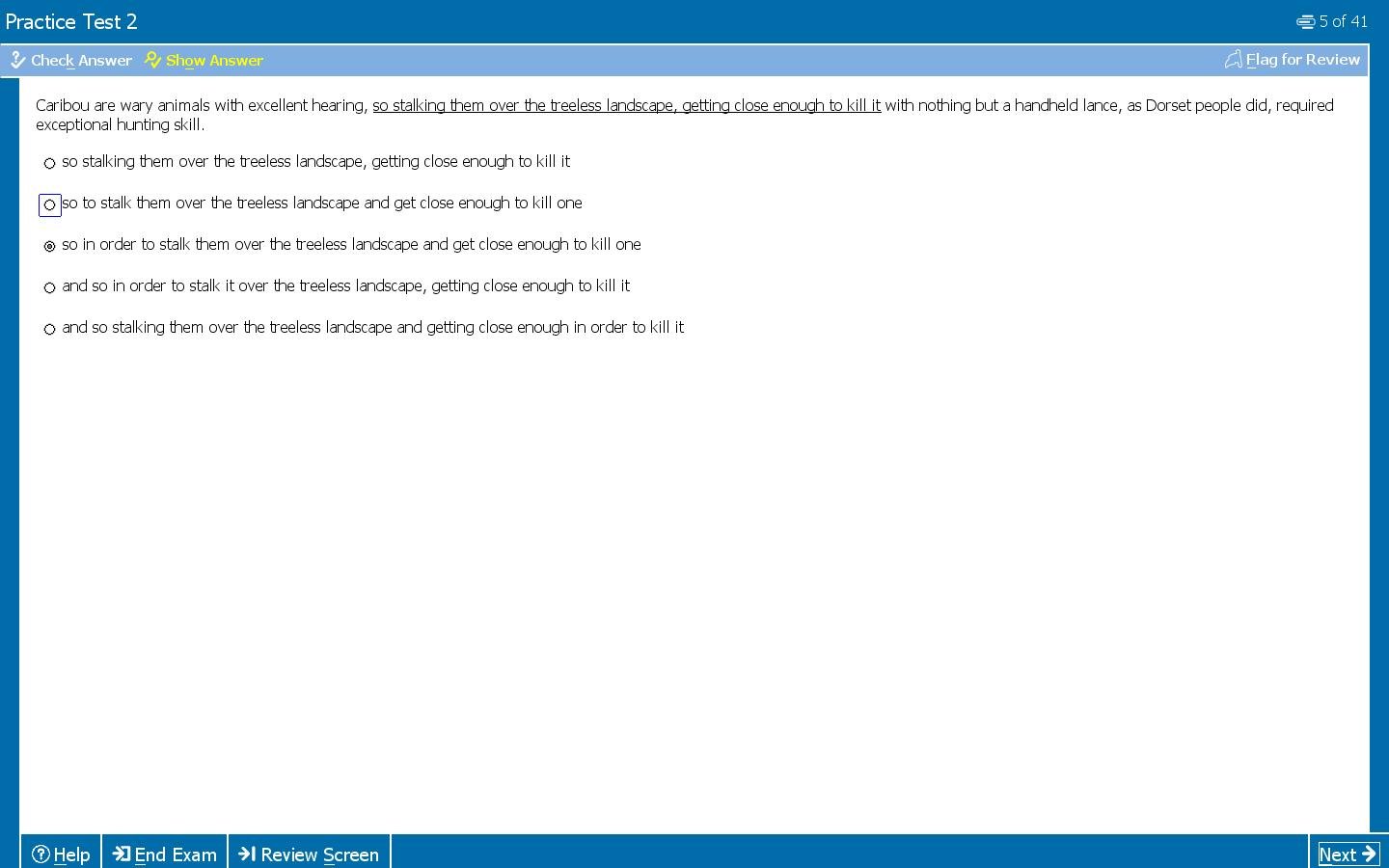Events & Promotions
|
|

GMAT Club Daily Prep
Thank you for using the timer - this advanced tool can estimate your performance and suggest more practice questions. We have subscribed you to Daily Prep Questions via email.
Customized
for You
Track
Your Progress
Practice
Pays
Not interested in getting valuable practice questions and articles delivered to your email? No problem, unsubscribe here.
- Nov 19
12:30 PM EST
-01:30 PM EST
Learn how Keshav, a Chartered Accountant, scored an impressive 705 on GMAT in just 30 days with GMATWhiz's expert guidance. In this video, he shares preparation tips and strategies that worked for him, including the mock, time management, and more - Nov 18
11:00 AM PST
-12:00 PM PST
Join us in a live GMAT practice session and solve 30 challenging GMAT questions with other test takers in timed conditions, covering GMAT Quant, Data Sufficiency, Data Insights, Reading Comprehension, and Critical Reasoning questions. - Nov 20
01:30 PM EST
-02:30 PM IST
Learn how Kamakshi achieved a GMAT 675 with an impressive 96th %ile in Data Insights. Discover the unique methods and exam strategies that helped her excel in DI along with other sections for a balanced and high score. - Nov 22
11:00 AM IST
-01:00 PM IST
Do RC/MSR passages scare you? e-GMAT is conducting a masterclass to help you learn – Learn effective reading strategies Tackle difficult RC & MSR with confidence Excel in timed test environment - Nov 23
11:00 AM IST
-01:00 PM IST
Attend this free GMAT Algebra Webinar and learn how to master the most challenging Inequalities and Absolute Value problems with ease. - Nov 24
07:00 PM PST
-08:00 PM PST
Full-length FE mock with insightful analytics, weakness diagnosis, and video explanations! - Nov 25
10:00 AM EST
-11:00 AM EST
Prefer video-based learning? The Target Test Prep OnDemand course is a one-of-a-kind video masterclass featuring 400 hours of lecture-style teaching by Scott Woodbury-Stewart, founder of Target Test Prep and one of the most accomplished GMAT instructors.
B
Be sure to select an answer first to save it in the Error Log before revealing the correct answer (OA)!
Difficulty:
 25%
(medium)
25%
(medium)
Question Stats:
73% (01:26) correct 27%
(01:34)
wrong
27%
(01:34)
wrong  based on 4478
sessions
based on 4478
sessions
History
Date
Time
Result
Not Attempted Yet
Caribou are wary animals with excellent hearing, so stalking them over the treeless landscape, getting close enough to kill it with nothing but a handheld lance, as Dorset people did, required exceptional hunting skill.
(A) so stalking them over the treeless landscape, getting close enough to kill it
(B) so to stalk them over the treeless landscape and get close enough to kill one
(C) so in order to stalk them over the treeless landscape and get close enough to kill one
(D) and so in order to stalk it over the treeless landscape, getting close enough to kill it
(E) and so stalking them over the treeless landscape and getting close enough in order to kill it

sc_4.JPG [ 76.27 KiB | Viewed 58008 times ]
(A) so stalking them over the treeless landscape, getting close enough to kill it
(B) so to stalk them over the treeless landscape and get close enough to kill one
(C) so in order to stalk them over the treeless landscape and get close enough to kill one
(D) and so in order to stalk it over the treeless landscape, getting close enough to kill it
(E) and so stalking them over the treeless landscape and getting close enough in order to kill it
Attachment:
sc_4.JPG [ 76.27 KiB | Viewed 58008 times ]
Kudos
Bookmarks
rekhabishop
I agree with you on the first part, rekhabishop: I'm not sure that there's a clear reason why "to stalk" is fundamentally better than "stalking." In general, I'd be fine with either one of those, and the difference between "to stalk" and "stalking" really isn't the deciding factor, anyway (unless we're worried about the parallelism -- more on that in a moment). The bigger issue is that the pronouns are wrong in A, D, and E, so we're left with two options that feature "to stalk."
But the parallelism is completely fine in B and C: "get" is parallel with "stalk", and there's no reason to repeat the word "to." It might not be wrong, exactly, if we repeated "to", but it certainly isn't necessary.
And even if you want the sentence to say "to get", that's not an option, so it isn't something you should worry about. What's the only difference between B and C? Just a couple of extra, unnecessary words ("in order") in C. So B must be the correct answer.
I hope this helps!
Kudos
Bookmarks
B is correct :
A is wrong as it messes between "Them" and 'it".
C here "in order to" indicates a actions for which we might need the person who is performing that action just after the commaa (as Dorset people did,).
but we have required instead.
D and E both are wrong in using "it" (singular) whereas "animals" is not singular.
A is wrong as it messes between "Them" and 'it".
C here "in order to" indicates a actions for which we might need the person who is performing that action just after the commaa (as Dorset people did,).
but we have required instead.
D and E both are wrong in using "it" (singular) whereas "animals" is not singular.

















